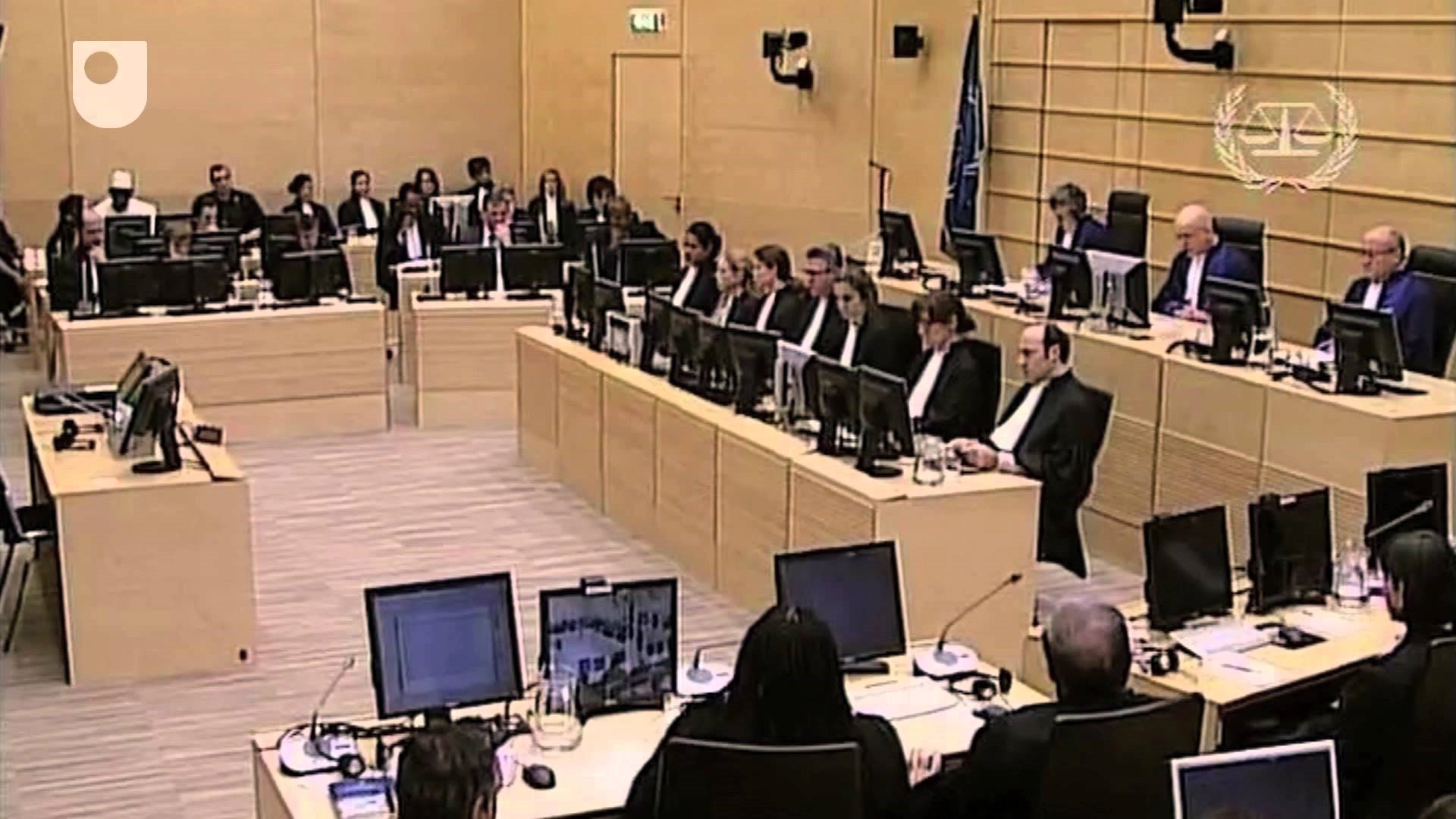
This module equips students with a well-developed understanding of the procedural aspects of international criminal law and imparts practical legal and advocacy skills and techniques to them which they can use in international criminal proceedings or similar professional settings.
It provides an in-depth overview of how
international criminal law proceedings are initiated as well as their
trajectory from the earliest phases to the ultimate conclusion of a case
(including the conduct of investigations, arrest warrants, pre-trial, trial,
appeal proceedings, sentencing and reparations). It canvasses the different
roles of the prosecution, defence, victims, states, and the judiciary in such
proceedings and provides a detailed analysis of the different legal and policy
issues that arise throughout the proceedings and how these are addressed before
international criminal courts and tribunals. It would use the International
Criminal Court as the main framework and reference point, while also explaining
to students the composite nature of the International Criminal Court’s
procedures (mixing aspects of different legal systems, including common law and
civil law), and alerting them to key features of the procedure at other
international criminal tribunals in order to provide points of comparison.
- Module Supervisor: Matthew Gillett